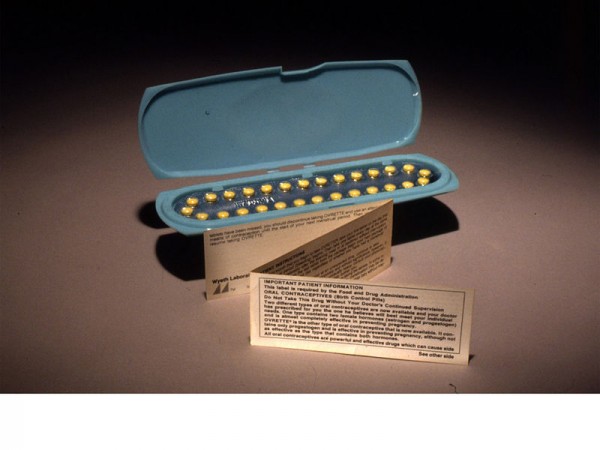
A Danish study has found that hormonal contraceptives may increase the risk of a rare kind of brain cancer in relatively young women. However, the risk of being diagnosed with this type of cancer-glioma-is still extremely low.
Researchers at the University of Southern Denmark in Odense found this link by using national administrative records and health registries in that country. They identified all women aged 15 to 49 who were diagnosed with glioma in Denmark between 2000 and 2009. They then matched each of these cases with records for eight other women the same age. The prescription records for all the women were then examined to see who used either contraceptives with estrogen and progestagen or with progestagen alone up until two years before they were diagnosed and how long they took them.
The study identified with 317 women with glioma and 2,126 women without glioma. Sixty percent of the women with glioma used oral contraceptives compared to about half of the women who did not. They found that any used of oral contraceptives was associated with a 50% higher risk of having a glioma. Using oral contraceptives for 5 or more years was associated with a 90% higher risk. Using a progestagen-only oral contraceptive was linked with a higher 140% higher risk.
This study shows an association, but does not show whether hormonal contraceptive use actually raises the risk of gliomas. Even if the risk is actually raised, glioma would still be a very rare form of cancer. Cases of cancer that start in the brain, including glioma, make up only 2% of all cancer. Only 2 or 3 in every 100,000 men or women could expect to be diagnosed with a glioma. As a comparison, 18.5 women die in childbirth for every 100,000 births in the United States.



